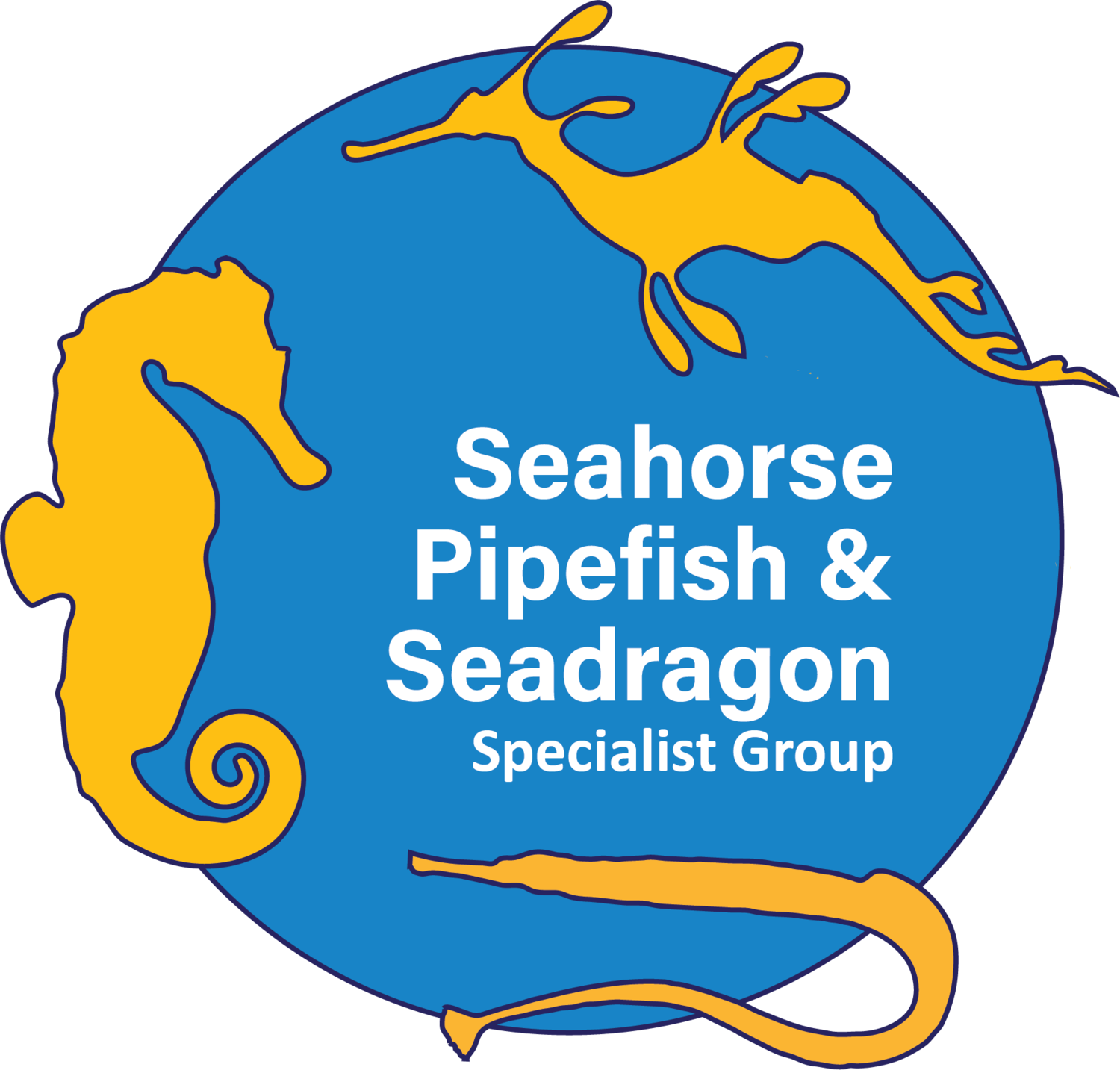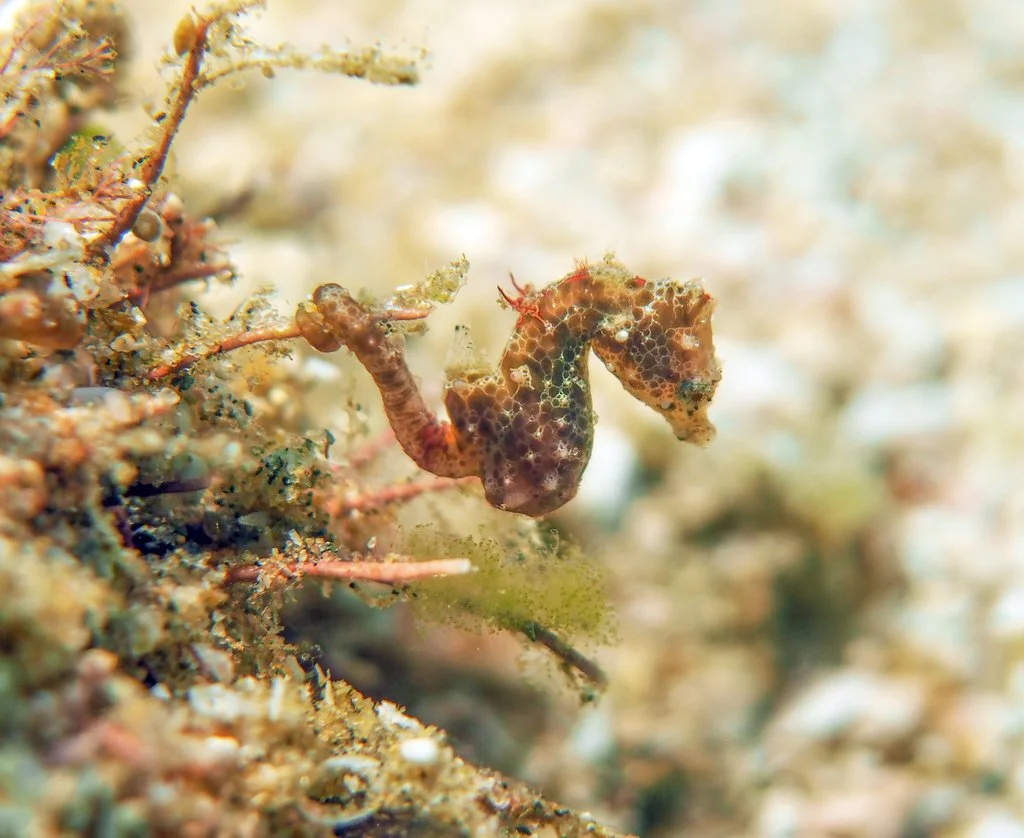You can make a difference. Get involved in one of the following ways.
Contribute to Specialist Group work
The IUCN Seahorse, Pipefish, and Seadragon Specialist Group is currently made up of 40 members from 22 countries worldwide. We plan to broaden our scope to include more experts from other regions in the coming year. If you have suggestions or would like to find out how you can get involved, please get in touch.
You can learn all about the IUCN, the Red List, and the protocols used for Red List assessments in a special online course offered by the IUCN. If you complete the course and pass the exam, you can even perform Red List assessments on species you are interested in. Email us at iucn@projectseahorse.org for more information.
Organize a long-term seahorse monitoring project
Are you interested in taking science to the next level by tracking a seahorse population over time? If you return to a site with seahorses regularly, check out our trends monitoring webpage for protocol manuals and datasheets. Then send a note to our team of scientists at iseahorse@projectseahorse.org to learn more. You can also set up trends monitoring for port sampling by interviewing fishers and traders where fish (and seahorses) are landed.
Recruit other community scientists
Are your friends or family going on a seaside holiday? Do you belong to a dive club?
Know some seahorse enthusiasts?
Spread the word about iSeahorse.
You can download our iSeahorse poster
or find us on social media:
@IUCNSeahorse
@ProjectSeahorse
facebook.com/IUCNseahorse and facebook.com/projectseahorse.
Sign up & report sightings to iSeahorse
Simply by adding your observations and helping to identify seahorses on iSeahorse.org, you are contributing to seahorse knowledge and conservation. If you have an iPhone, be sure to download our app when you head into the field.
iNaturalist is a great place to report pipefish or other reef fishes covered by this specialist group.
Become an oceans advocate in your community or region
Are marine populations in your area being threatened by habitat loss, overfishing, or other activities? Contact your local politician or send a note to your local newspaper or broadcaster. Consider organizing a local petition to protect the seahorses and other marine life in your ocean neighbourhood.
Avoid eating shrimp & other unsustainably caught seafood
Simply put, shrimp trawling and shrimp farming are among the most destructive activities in our oceans. Find out how they harm seahorse populations and how you can make sustainable seafood choices. The best bet when trying to purchase sustainable seafood is to look for certified sustainable products. The Monterey Bay Aquarium’s Seafood Watch program and app are great for North American options, while the EU has Friend of the Sea. The Marine Stewardship Council operates globally to certify sustainable seafood.
Join our Syngnathid Research Forum on Facebook
Interact, discuss research, and collaborate with other syngnathid enthusiasts through our dedicated research forum.
Banner image of Sodwana pygmy seahorse (H. nalu) by Perdo Ferreira / Guylian SOTW
[Updated Noc 2020]

